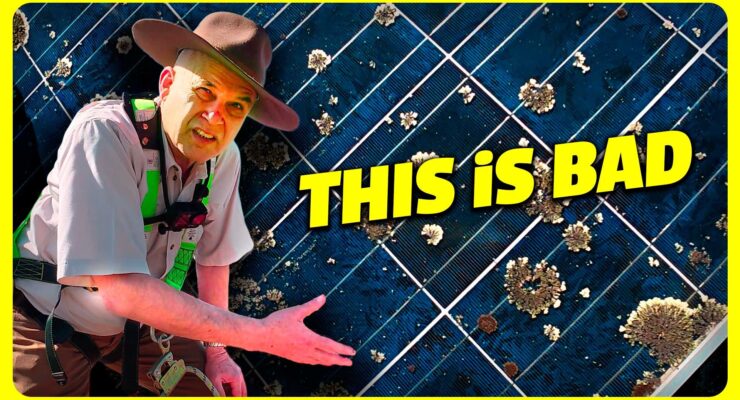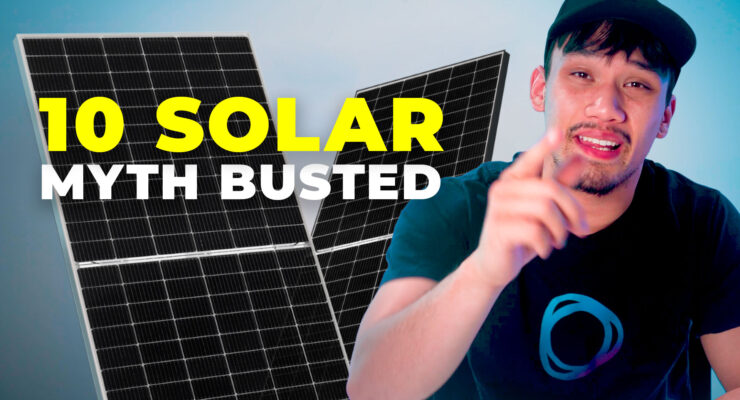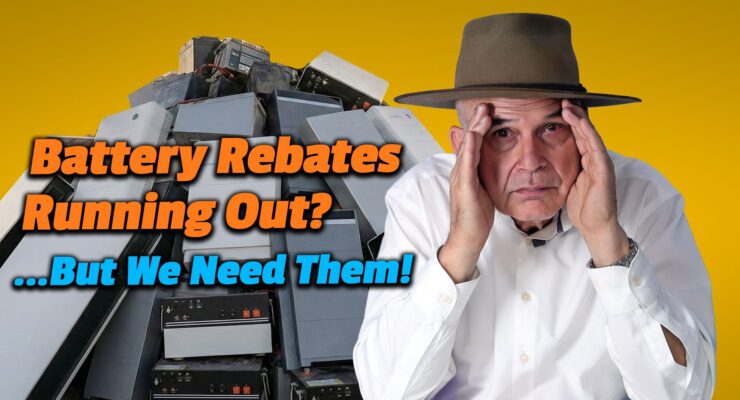Fast read
A solar battery and a solar hot water system are two separate technologies. A solar hot water system uses thermal collectors to heat water directly from the sun, while a solar battery stores electricity from solar photovoltaic (PV) panels. While you can use battery power for a solar hot water system's electric booster, it is generally not the most efficient or cost-effective method.
How does a solar battery interact with a solar hot water system?
For many Australian homeowners exploring renewable energy, the terms ‘solar battery’ and ‘solar hot water’ can sometimes be confusing. While both use the sun’s power to reduce your energy bills, they do so in fundamentally different ways. Understanding this distinction is the first step to making smart decisions for your home’s energy future.
What’s the difference between a solar battery and solar hot water?
It’s a common point of confusion, but the key difference lies in what they produce and store: one handles electricity, the other handles heat.
A solar hot water system is a thermal system. It uses collectors on your roof to absorb heat directly from the sun’s rays to warm up water. This heated water is then stored in an insulated tank for you to use in your showers, kitchen, and laundry. Because cloudy days are inevitable, these systems almost always have a gas or electric booster to ensure you have hot water available 24/7.
A solar battery, on the other hand, is part of a solar photovoltaic (PV) system. Solar PV panels convert sunlight into electricity. This electricity can power your home’s appliances during the day. A solar battery, like the Tesla Powerwall or Sungrow SBR, stores any excess electricity your panels generate instead of sending it back to the grid. You can then use this stored energy at night or during a power outage.
So, to put it simply:
- Solar Hot Water: Uses the sun’s heat to make hot water. Stores thermal energy.
- Solar Battery: Uses the sun’s light to make electricity. Stores electrical energy.
Do the two systems work together directly?
No, the two systems operate independently. The thermal collectors of a solar hot water system have no connection to the electrical circuit of your solar PV panels and battery. They can coexist on the same roof and in the same home without any direct technical interaction.
However, they do interact in an indirect but important way: they both compete to save you money on your energy bills. A solar hot water system significantly reduces the amount of gas or grid electricity you need to buy for water heating, which accounts for a significant portion of household energy use, typically between 21% and 25%. Similarly, a solar PV and battery system reduces your reliance on grid electricity for all your other appliances.
Should I use my solar battery to power my hot water booster?
This is the crucial question for many homeowners who have, or are considering, both technologies. While it is technically possible to use the electricity stored in your solar battery to run the electric booster on your solar hot water system, it is often not the most financially savvy move.
Think of the energy journey. Your solar panels convert sunlight to electricity with a certain efficiency. The battery stores and releases that electricity, with small losses along the way. Then, that valuable stored electricity is used in a simple resistive element to create heat. This process is generally less efficient and more expensive than using the stored electricity to run your lights, fridge, or television.
The stored energy in a battery is versatile and valuable; you can use it to power any appliance in your home. Using it for a task that can be accomplished more directly (heating water with the sun’s warmth) or more efficiently with other technologies may not provide the best return on your investment.
Are there better ways to heat my water with solar PV?
Yes. If your primary goal is to use your solar PV panels to heat your water, there are more direct and intelligent methods than discharging your home battery.
The most popular and effective solution is a solar power diverter. A diverter is a smart device that monitors the electricity flow in your home. When it detects that your solar panels are generating more power than your home is using, instead of exporting that excess power to the grid for a low feed-in tariff, it redirects it to your existing electric hot water tank’s heating element.
This effectively turns your hot water tank into a ‘thermal battery’. It stores the sun’s energy as hot water, ready for your evening showers. This is a highly efficient way to maximise self-consumption of your solar energy and can be significantly cheaper than investing in a large battery system just for water heating. Some modern systems can even be set up to prioritise charging the main home battery first, and only once that’s full, divert the remaining excess solar to the water heater.
Another excellent option is to replace an old electric storage system with a modern heat pump water heater. Heat pumps are incredibly efficient, using technology similar to a reverse-cycle air conditioner to pull ambient heat from the air to warm the water. They are up to three times more efficient than conventional electric water heaters, using around 70% less electricity. By running a heat pump during the day using your free solar electricity, you can dramatically reduce your water heating costs.
Which system should my family prioritise?
The best choice depends entirely on your home’s specific situation, your budget, and your energy goals.
- For general energy savings: A standard solar PV system is often seen as the best all-around investment, as it can power all your appliances, not just your water heater. Prices for PV systems have fallen significantly, making them more accessible than ever.
- For dedicated water heating savings: If your main concern is the high cost of heating water, a solar hot water system or a heat pump powered by a solar PV system are both excellent choices.
- For energy independence and backup: If you want to use your solar power at night and have protection against blackouts, a solar PV system combined with a battery is the ultimate solution. The Australian Government’s Cheaper Home Batteries Program, starting from 1 July 2025, will provide a discount on battery installations for eligible households and small businesses, making this option more attainable.
Ultimately, a solar battery and a solar hot water system serve different primary purposes. While they don’t work together directly, they can both be part of a comprehensive strategy to make your home more energy-efficient and reduce your reliance on the grid. Understanding how each technology works allows you to make an informed choice that best suits your family’s needs and delivers the most value for your investment.





